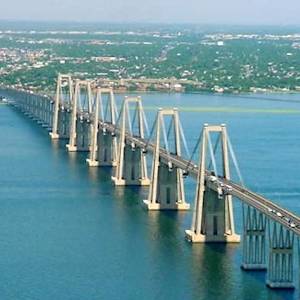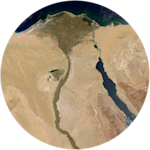A Distant Memory
Personal memory by Saturne Tchabong
2001 • Greenbelt, MD, USA
As a child in the early 2000s, I remember going to a beautiful pond outside of my parents' house in Greenbelt, Maryland. Although this pond was not completely hidden, there were not many people who would visit it. Most of the people in the neighborhood were mere children and only visited this pond to play innocent games and feed the wild creatures that inhabited the space. As the years went by and my and other neighborhood children's visits to the pond dwindled, however, each time I visited there seemed to be new infrastructure constantly being built. This led to the destruction of natural habits and the death of the pond. The more construction that was done in the area, the more the pond became a place to dispose of plastic wraps, food containers, cigarette buds and more. Soon enough, like my childhood, the pond became a distant memory. This pond that was once lively and beautiful, that was once the inhabitants of incredible creatures, was now a cesspool of beer cans, and old McDonald's bags. I often think back to this beautiful pond outside my parents' house in Greenbelt, Maryland and wonder how much it would have flourished without human invasion.
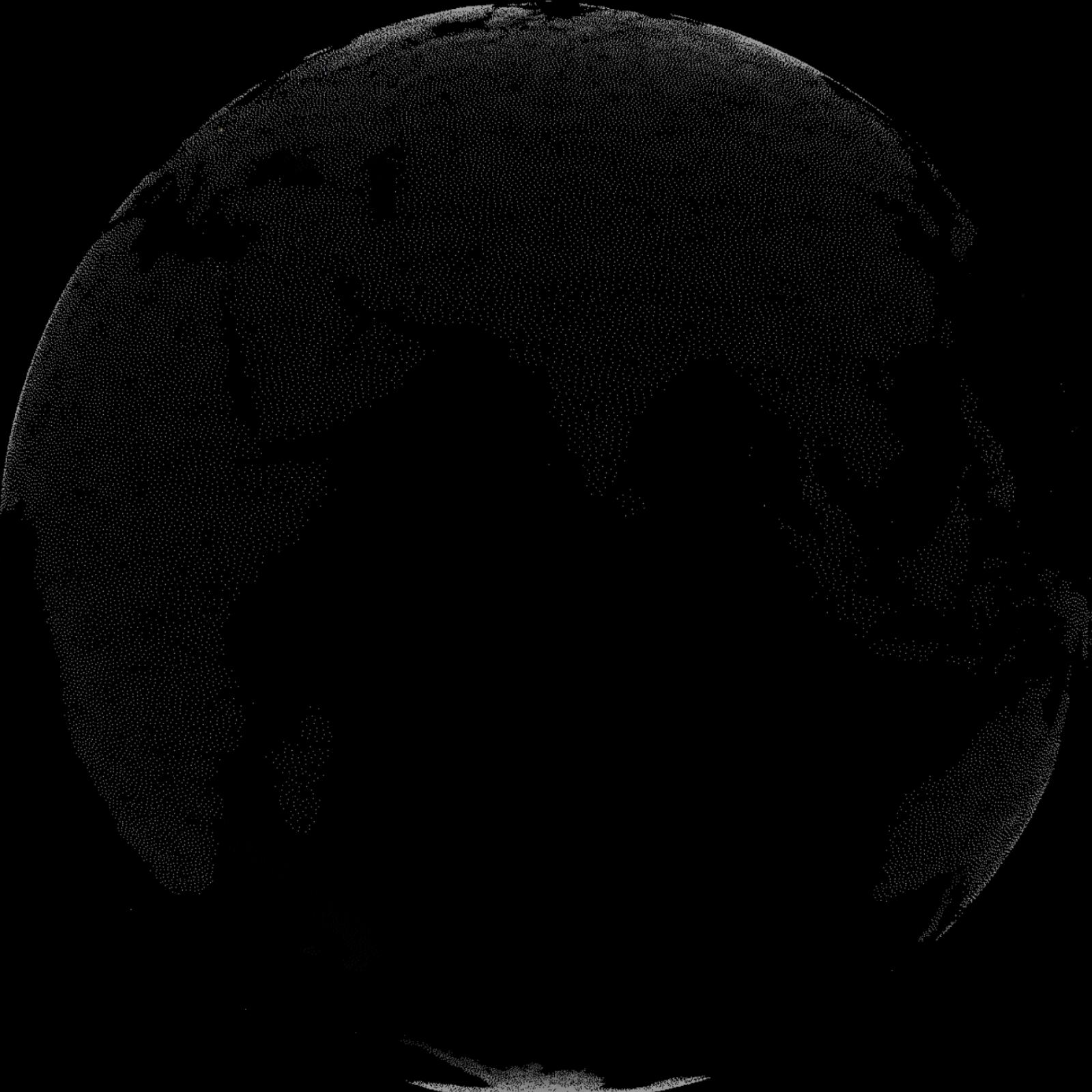

Learn about Maya Lin’s fifth and final memorial: a multi-platform science based artwork that presents an ecological history of our world - past, present, and future.
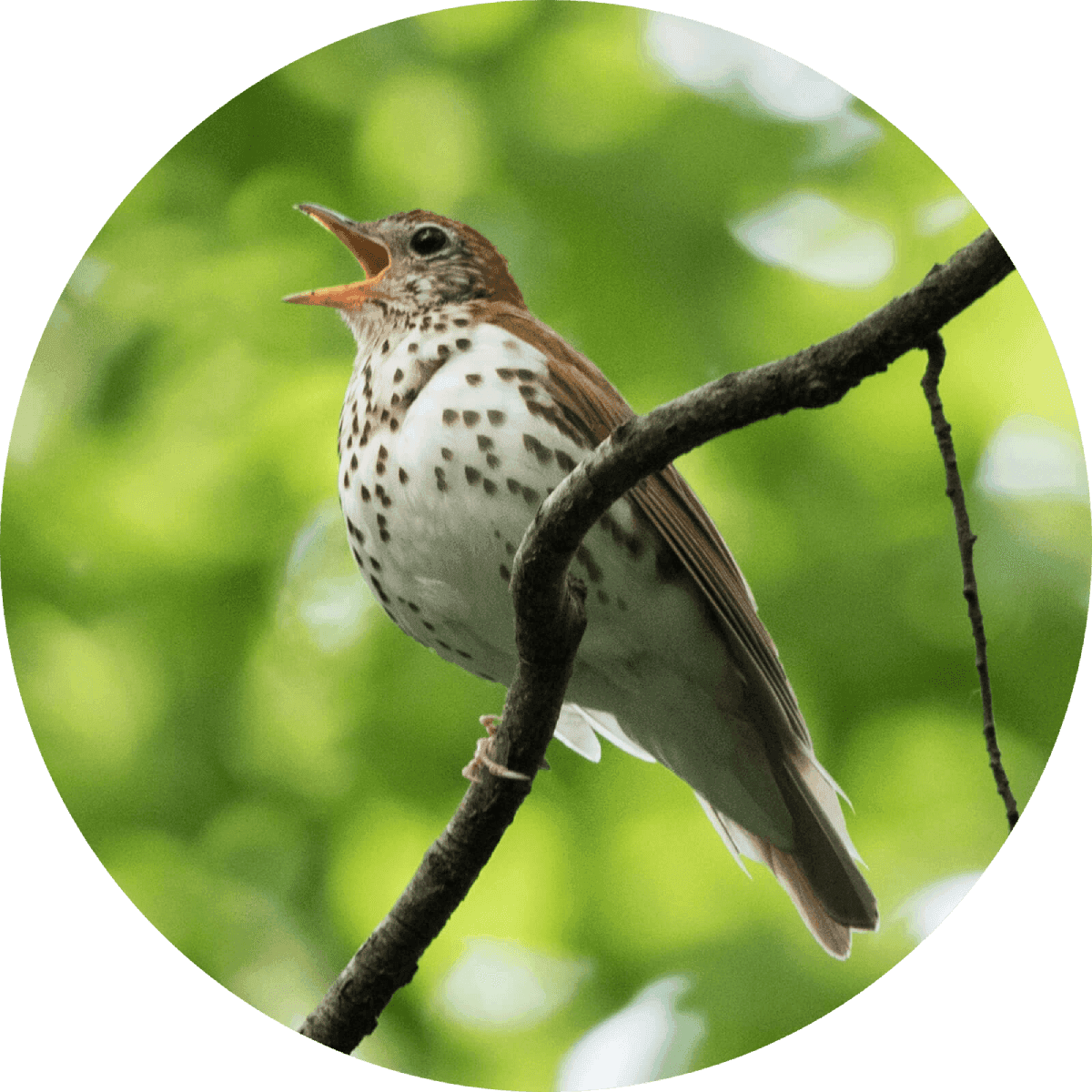
Discover ecological histories and stories of former abundance, loss, and recovery on the map of memory.
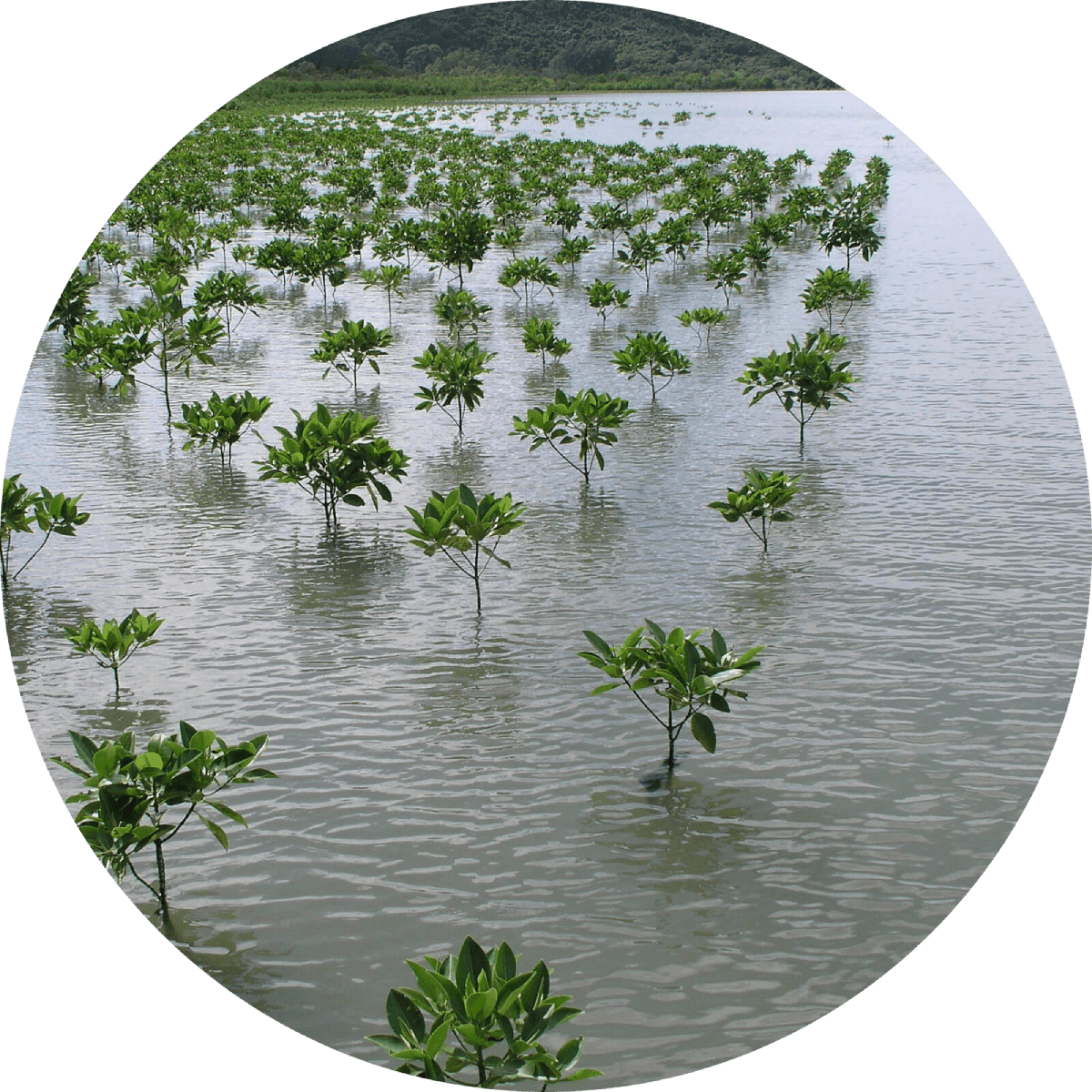
Learn how we can reduce our emissions and protect and restore species and habitats – around the world.

See how art can help us rethink the problems we face, and give us hope that each one of us can make a difference.
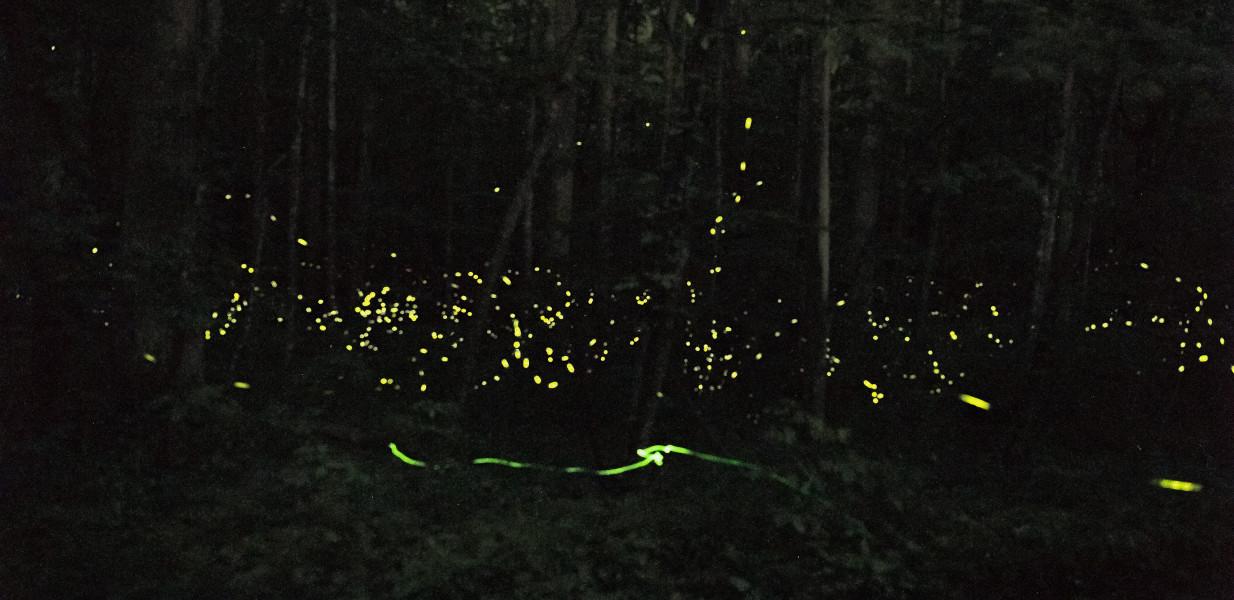
Help make a global memorial something personal and close to home. Share your stories of the natural world.
